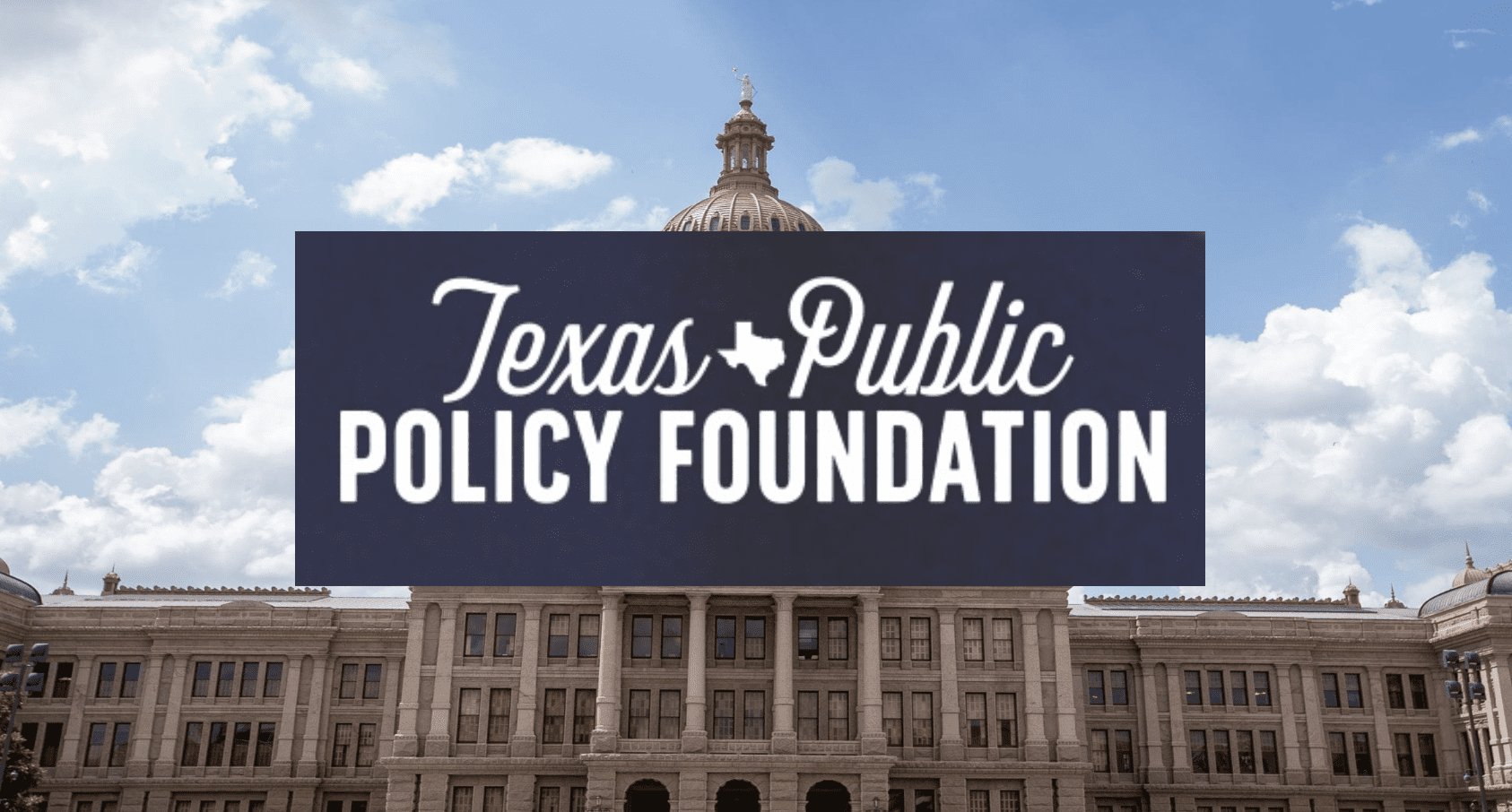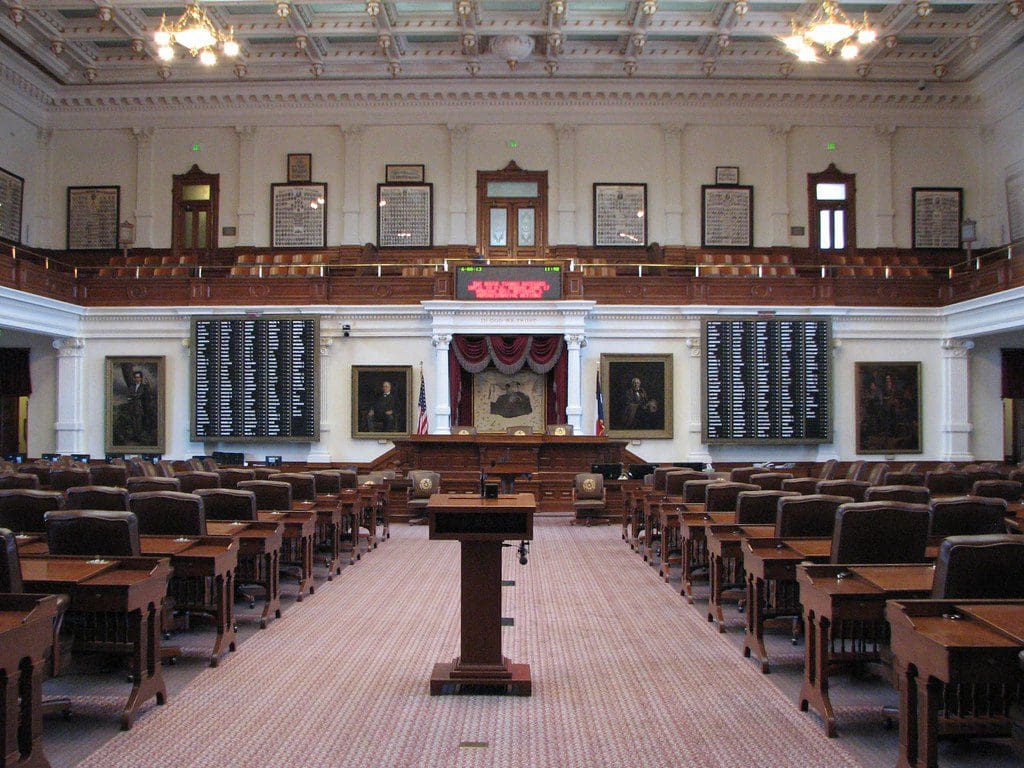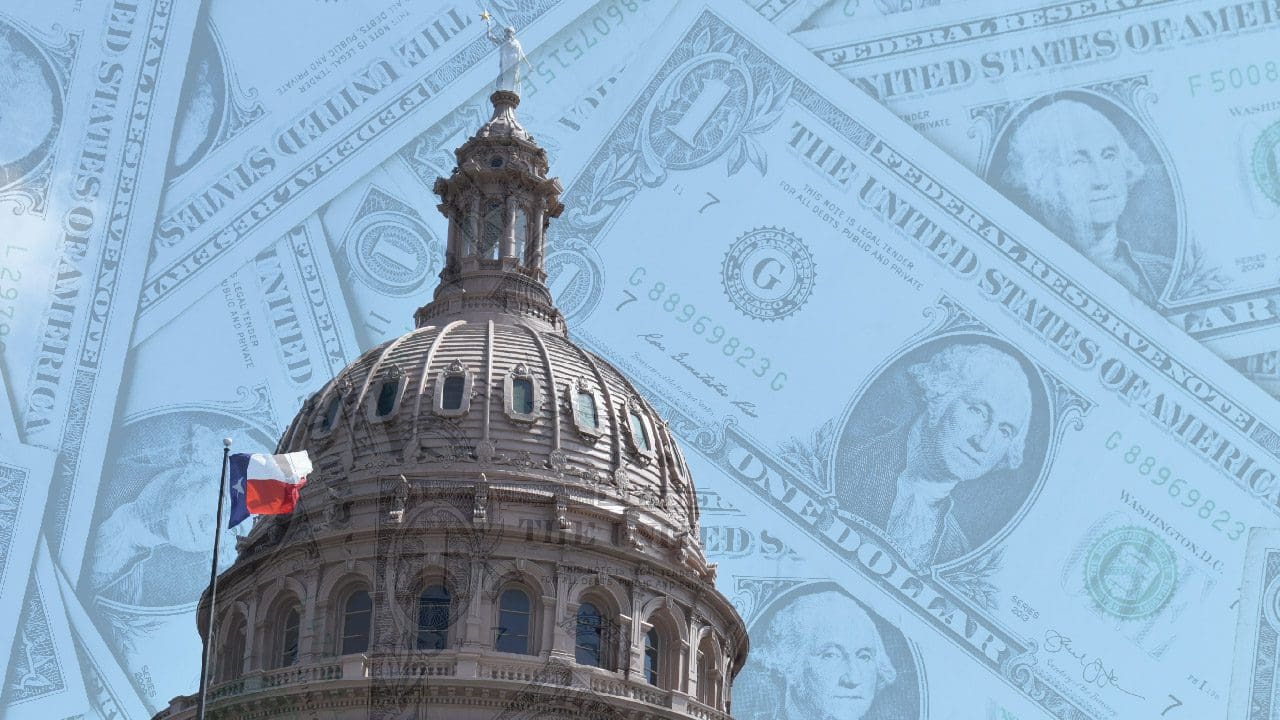Despite being a legislative priority for the Republican Party of Texas, legislation to ban taxpayer dollars from funding lobbyists failed to make it out of the recent legislative session. So, what happened?
A long-standing practice in the halls of the Texas Capitol, taxpayer-funded lobbying refers to cities, counties, and other local governments or taxing entities spending money to lobby the legislature. Often, it is done in an effort to take on pro-taxpayer policies such as property tax relief and reform or measures of increased accountability and transparency.
This became very apparent in the early days of the legislative session, as lobbyists representing cities, counties, and other local entities swarmed the Capitol to oppose the session’s marquee property tax reform bill: Senate Bill 2.
Taxpayers had high hopes, however, when legislation to end the practice was filed by freshman State Rep. Mayes Middleton (R–Wallisville) in the House and State Sen. Bob Hall (R–Edgewood) in the Senate. When Gov. Greg Abbott came out in support of ending the practice publicly, those hopes were raised even higher as it seemed as though this longtime priority would finally be addressed.
As those that have followed the legislative session know all too well, however, that would ultimately not be the case.
After both chambers’ bills were heard in their respective committees, the Senate passed Hall’s bill—Senate Bill 29—despite State Sen. Kel Seliger (R–Amarillo) joining every Democrat in the Senate in opposing the bill.
When the bill was sent to the Texas House, however, its fortune began to change.
As originally filed, SB 29 would have banned the practice across the board, prohibiting counties, cities, school districts, and other local entities from spending taxpayer dollars for the purpose of lobbying the state legislature.
But when the bill was sent to the House, lawmakers began the process of gutting the bill irreparably and in spectacular fashion. The committee substitute, drafted by State Rep. Drew Springer (R–Muenster), reduced the scope of the bill to something limiting the number of topics a registered lobbyist, paid by a taxing entity, could lobby the legislature on, leaving the floor open for taxing entities to continue the egregious practice.
Then Middleton, who sponsored the legislation when it came over to the Texas House, offered an amendment to weaken the legislation even further by removing the prohibition on hiring lobbyists for schools at the behest of House leadership.
Additionally, Middleton’s amendment allowed cities and counties to pay dues to chambers of commerce that engage in lobbying as well as clarified that employees of cities and counties could be paid to come to Austin to testify on legislation and be reimbursed for expenses.
Before the amendment was adopted, however, State Rep. Trent Ashby (R–Lufkin) argued for lawmakers to limit the scope of the bill even further by exempting counties with a population of fewer than 250,000, leaving only around 20 of the state’s 254 counties subject to the provisions of the bill.
According to Ashby, “rural” communities like Midland and Waco needed to be free from the restrictions in the bill.
Though Middleton objected to Ashby’s amendment, Democrats and a group of Republicans teamed up to pass it 90-54, taking a firehose to the already watered-down bill.
Middleton then attempted to withdraw his amendment, now tainted even further with Ashby’s population exemption, but was informed by House Speaker Dennis Bonnen that he would not be allowed to make that motion.
Middleton then took the extraordinary action of urging members to vote against his own amendment, but to no avail; it was approved 81-59.
With a gutted bill that now failed to accomplish its objectives, lawmakers in the Texas House made one final move to assure the measure was killed for the session, officially voting it down 58-85.





